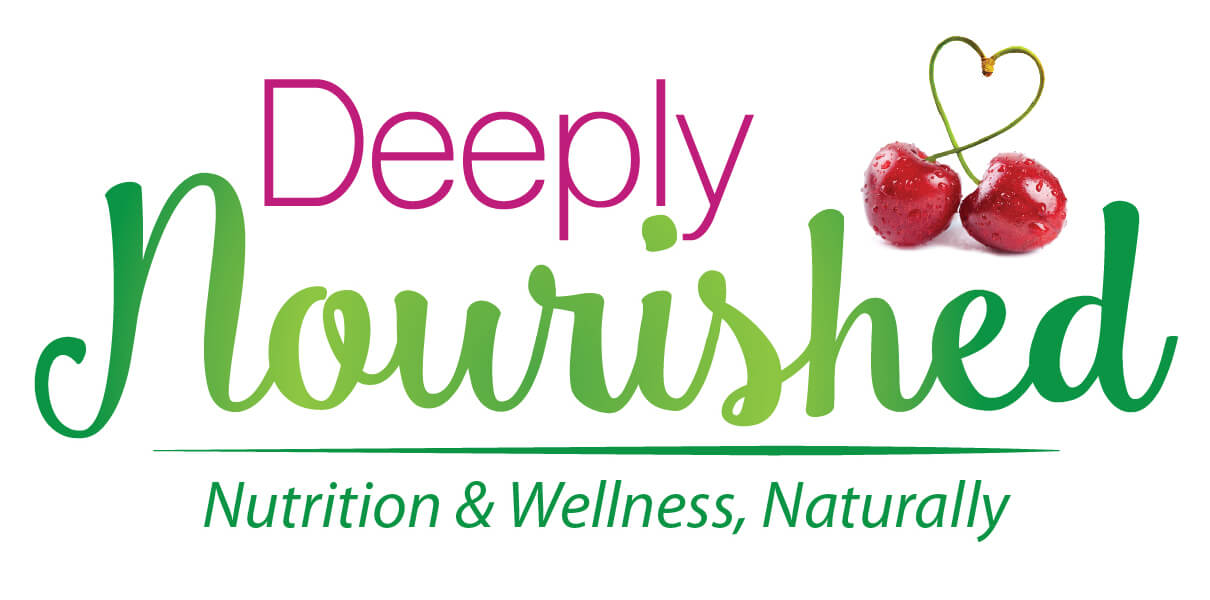Irritable Bowel Syndrome (IBS) is a functional problem, which means that when doctors examine the lining of your intestine, it looks “normal”. Up to 20% of North Americans who live with IBS will tell you they don’t feel “normal”.
Some symptoms of IBS include:
– abdominal pain relieved by a bowel movement
– abdominal distention (bloating)
– constipation and/or
– frequent loose stools
– feeling of incomplete evacuation
Typically, an IBS diagnosis involves symptoms which have been present for at least 3 days per month in the last 3 months, with symptoms starting at least 6 months prior to diagnosis. The diagnosis should only be reached after other causes have been ruled out.
A very recent study, published in January 2017, concluded that the unifying factor in the development of IBS is altered gut microbiota (the bacteria and other micro-organisms which line your digestive tract). The Mayo Clinic research team found the following influences the makeup of the gut microbiota:
• Diet
• Antibiotic use
• Stress
Other contributing factors in IBS, according to the vast body of IBS-related research, include:
¥ Food intolerances / sensitivities
¥ Infection or inflammation
¥ Psychological stresses
¥ Brain-gut relationships affecting bowel motility and sensitivity
It is no coincidence that the first list directly corresponds to the latter. There is interplay between diet and food intolerances/sensitivities, infection or inflammation and antibiotic use, and stress and strained digestive function.
Bottom line: Changes in the gut microbiota can impair communication between the digestive, immune, nervous and endocrine systems, predisposing you to IBS symptoms.
For anti-inflammatory, gut nourishing strategies you can implement now to start feeling better, download my Tackling IBS Naturally Cheatsheet here.
REFERENCES:
1. http://ajpgi.physiology.org/content/312/1/G52
2. Ibid.
3. https://www.ncbi.nlm.nih.gov/pubmed/28110300
4. https://www.ncbi.nlm.nih.gov/pubmed/14711602
5. https://www.ncbi.nlm.nih.gov/pubmed/20687933
6. http://gut.bmj.com/content/65/1/169.long
7. https://www.scientificamerican.com/article/gut-second-brain/

